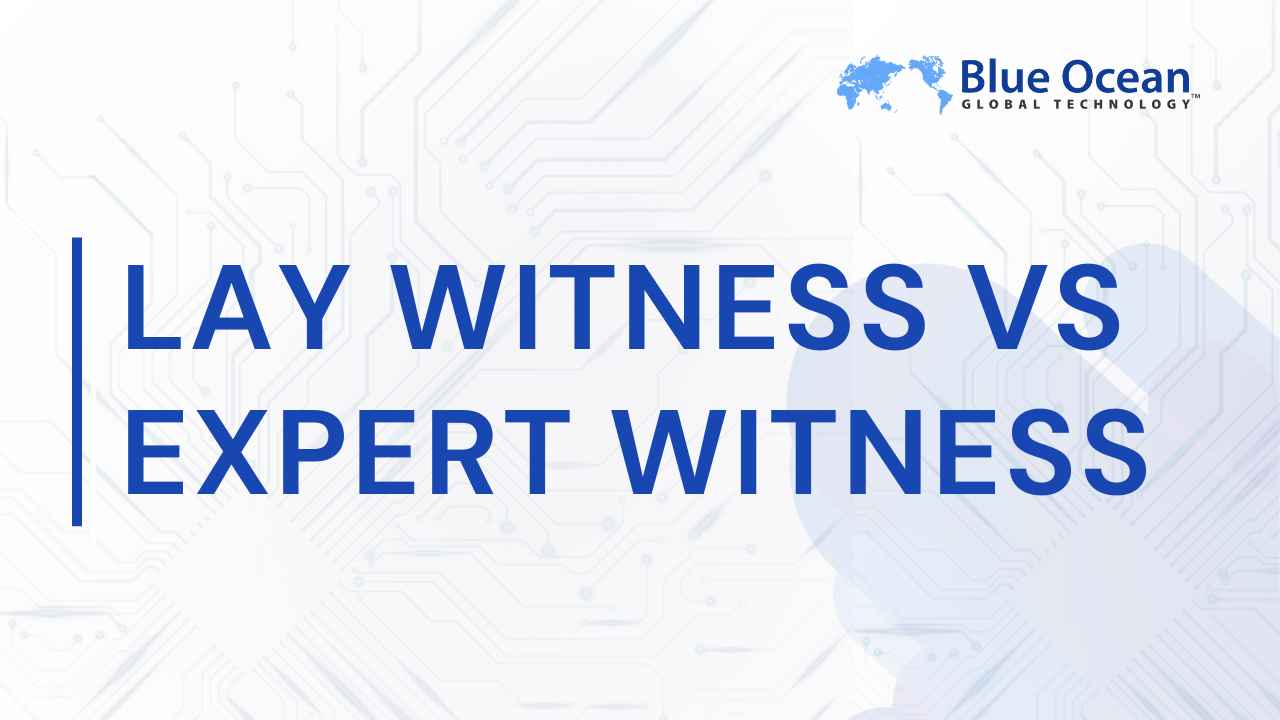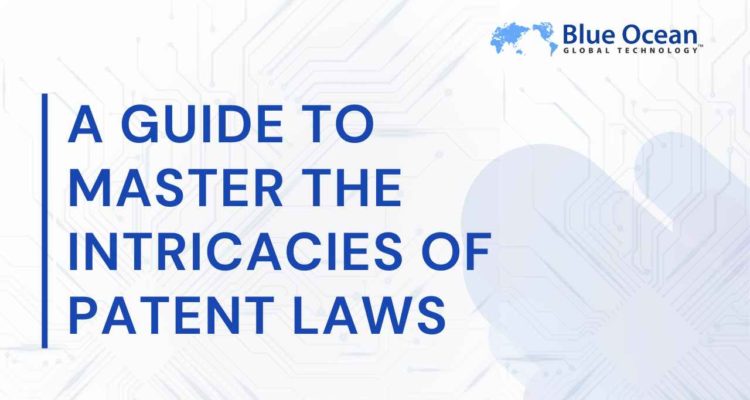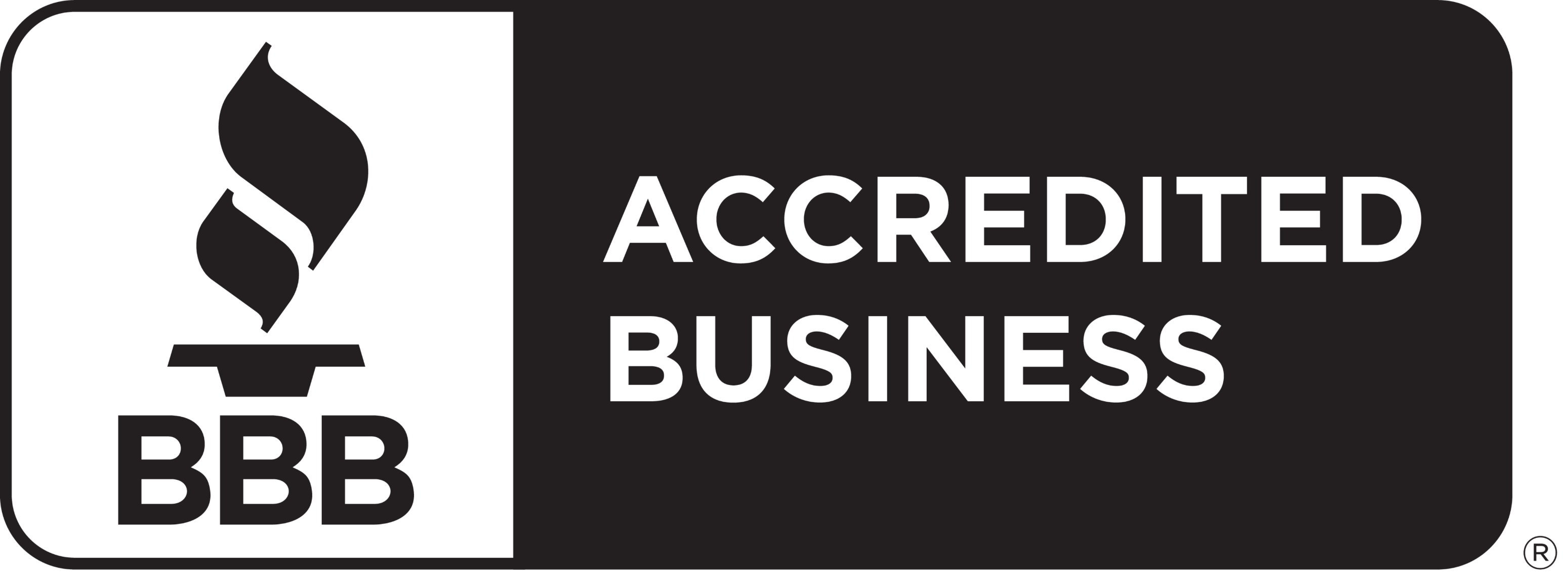Understanding the distinction between a lay witness and an expert witness is essential in litigation. This article examines the legal definitions, admissibility rules, qualifications, and use cases for both types of testimony. You’ll learn how courts evaluate witness credibility, how attorneys select and prepare witnesses, and why aligning testimony with Federal Rules of Evidence (FRE 701 and 702) is critical to trial strategy and admissibility.
What Is the Difference Between a Lay Witness and an Expert Witness?
This article also touches on the broader debate of fact witness vs expert witness, especially when determining admissibility and relevance under courtroom procedure. A lay witness testifies about firsthand knowledge based on personal observations or experiences. In contrast, an expert witness offers specialized opinions derived from technical, scientific, or professional expertise.
U.S. Federal Rule of Evidence 701 governs lay witness testimony. It restricts their testimony to personal perception that is helpful for understanding the case and not based on scientific, technical, or specialized knowledge.

Expert witness testimony falls under Rule 702, which permits testimony from individuals qualified by knowledge, skill, experience, training, or education. The expert’s insight must help the court understand evidence or determine a fact at issue. A lay witness testifies about firsthand knowledge based on personal observations or experiences. In contrast, an expert witness offers specialized opinions derived from technical, scientific, or professional expertise.
When Are Lay Witnesses Used in Legal Proceedings?
Lay witnesses appear in civil and criminal cases to:
- Describe events they personally observed
- Testify to behavior, conduct, or conversations
- Offer impressions about physical conditions or circumstances
Lay witnesses cannot interpret complex evidence or offer professional opinions. For example, a neighbor might testify about the defendant’s behavior during an incident but may not diagnose mental illness.
What Makes Someone an Expert Witness?
Professionals who provide expert witness services are typically retained by law firms for their ability to explain complex subject matter and strengthen case arguments with authoritative analysis.
Attorneys often select expert witnesses not only for their credentials but also for their ability to clearly communicate technical concepts to judges and juries.

Federal and state courts assess qualifications during a Daubert hearing or similar procedure, evaluating the expert’s methods, relevance, and reliability. Courts also consider whether the testimony is based on sufficient facts and is the product of reliable principles and methods as outlined under FRE 702 and 703. An expert witness is qualified through:
- Education and degrees in a relevant field
- Professional certifications or licenses
- Peer-reviewed publications or academic research
- Practical experience in the subject matter
What Types of Testimony Do Lay and Expert Witnesses Provide?
Lay Witness Testimony:
- Observational facts
- Sensory details (e.g., sounds, smells)
- Personal recollections without analysis
Expert Witness Testimony:
- Interpretations of technical data
- Scientific or forensic analysis
- Professional opinions within the expert’s field
In Daubert v. Merrell Dow Pharmaceuticals, Inc. (1993), the U.S. Supreme Court established standards for admitting expert testimony, emphasizing scientific validity and applicability.
Why Is the Distinction Important in Legal Strategy?
Understanding the difference impacts trial outcomes. Lay witnesses support factual narratives, while expert witnesses validate or refute claims with authoritative analysis.
For instance, in a product liability case:
- A lay witness might describe how the injury occurred.
- An expert witness might explain design flaws or test results.
Courts rely on both to build a comprehensive understanding of facts and technical interpretations.
Are There Limitations on What Each Witness Can Say?
Yes. Lay witnesses:
- Cannot give professional or scientific opinions
- Must stick to direct experiences and perceptions
This is a critical boundary outlined in FRE 701, and violating it can result in the testimony being struck from the record.

Expert witnesses:
- Must limit opinions to their certified expertise
- Must base conclusions on accepted methods and factual data
The distinction between lay and expert roles ensures testimony remains admissible and appropriately weighted by the court.
Violating these boundaries can lead to motions to strike or dismissal of testimony.
How Do Courts Qualify Expert Witnesses?
Courts consider:
- The expert’s background and credentials
- Whether the testimony is based on sufficient facts or data
- Whether the methodology is reliable and has been peer-reviewed
- The connection between the opinion and the facts of the case
Courts may also look at Rule 703, which allows experts to base opinions on inadmissible evidence if experts in the field would reasonably rely on it.
In What Types of Cases Are Expert Witnesses Most Common?
Expert witnesses are critical in:
- Medical malpractice
- Intellectual property
- Software and technology litigation
- Financial fraud and forensic accounting
- Accident reconstruction and engineering disputes
For example, a software expert witness may be brought in to analyze source code in a copyright case. In many industries, expert witness salary can vary widely depending on credentials, years of experience, and trial history.
Know the Legal Boundaries
Choosing the wrong type of witness or overstepping testimony limits can jeopardize your case.
Can a Person Be Both a Lay and Expert Witness in the Same Trial?
Yes, but their roles must be clearly separated. A treating physician, for instance, may testify as a lay witness about patient interactions and as an expert on medical standards.
Courts provide jury instructions to differentiate between fact-based recollections and expert opinion to prevent confusion. Proper designation before trial is essential to avoid evidentiary challenges.
What Are the Risks of Misusing Witness Testimony?
Improper use of lay or expert testimony can:
- Lead to objections and disqualification
- Undermine credibility
- Result in unfavorable rulings or mistrials
Attorneys must ensure lay witnesses stay within factual observations and that expert witnesses are qualified and designated properly. Mislabeling a witness or exceeding testimony scope can trigger motions to exclude testimony under FRE 701 or 702.
Attorneys must carefully prepare witnesses and ensure testimony aligns with evidentiary rules.
Conclusion
The distinction between lay witness and expert witness is foundational to courtroom procedure. While both provide critical insights, their roles, qualifications, and testimony scope differ significantly. Ensuring the right witness is used for the right purpose strengthens legal arguments and improves outcomes. Always align witness testimony with applicable rules, such as FRE 701 and 702, and consult legal experts to structure your case effectively.
Frequently Asked Questions
1. What Is the Main Difference Between a Lay Witness and an Expert Witness?
A lay witness’s testimony generally includes personal knowledge, observations, and even involvement in the events, under certain circumstances. Whereas, an expert witness will offer opinions and conclusions regarding the case based on his professional expertise.
2. Do Lay Witnesses Need Any Qualifications to Testify?
No, lay witnesses do not require formal qualifications. Their testimony is based on direct personal experiences or observations related to the case. Their credibility is evaluated based on consistency and reliability.
3. Can Both Lay and Expert Witnesses Be Cross-Examined?
Yes, both lay and expert witnesses can be cross-examined. This process tests their reliability and credibility by exploring inconsistencies, biases, and the validity of their statements or opinions.
3. What Role Do Lay and Expert Witnesses Play in Court?
Lay witnesses provide factual accounts based on personal observation, helping to establish case narratives. Expert witnesses interpret complex evidence, explain technical concepts, and offer professional opinions to aid decision-making.
Need Strategic Litigation Support?
Whether you're preparing for trial or evaluating expert witness testimony, understanding the roles of witnesses is essential.













